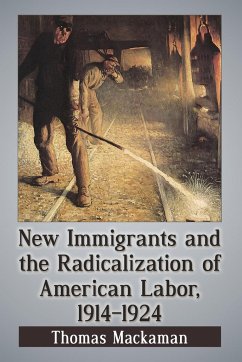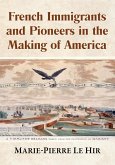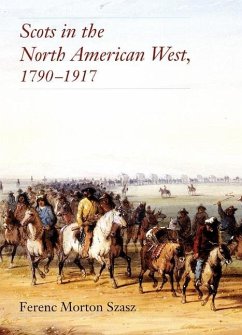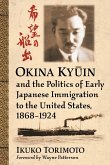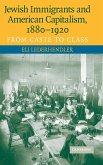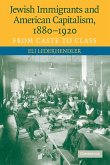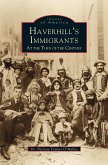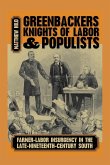Millions of immigrants from eastern and southern Europe were by 1914 doing the dirtiest, most dangerous jobs in America's mines, mills and factories. The next decade saw major economic and demographic changes and the growing influence of radicalism over immigrant populations. From the bottom rungs of the industrial hierarchy, immigrants pushed forward the greatest wave of strikes in U.S. labor history--lasting from 1916 until 1922--while nurturing new forms of labor radicalism. In response, government and industry, supported by deputized nationalist organizations, launched a campaign of ""100 percent Americanism."" Together they developed new labor and immigration policies that led to the 1924 National Origins Act, which brought to an end mass European immigration. American industrial society would be forever changed.

